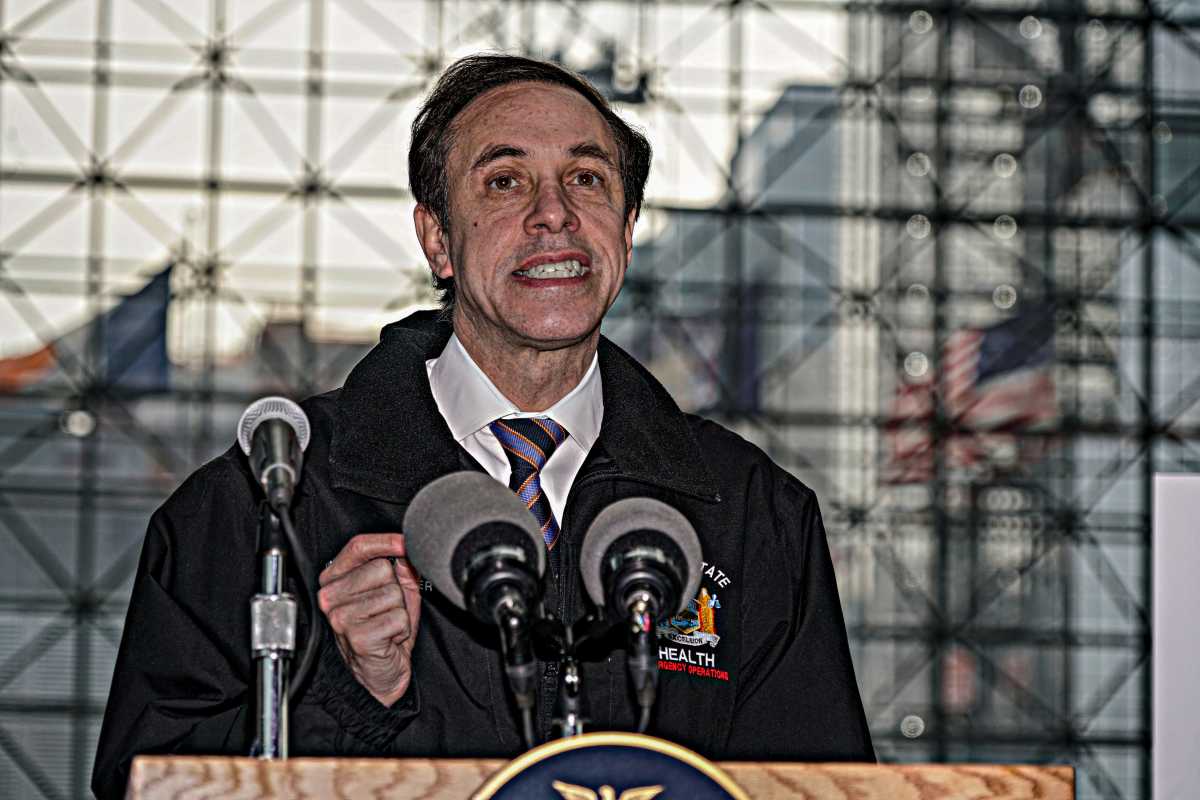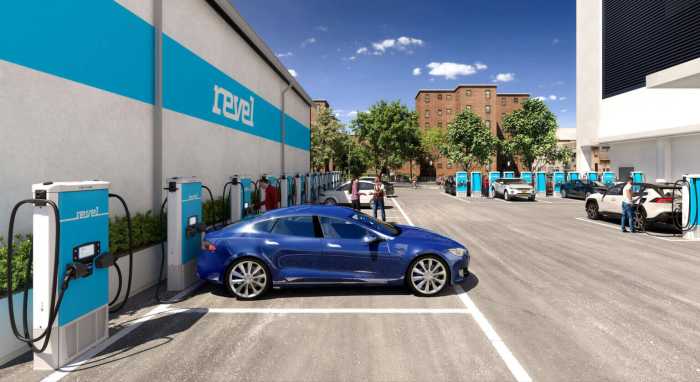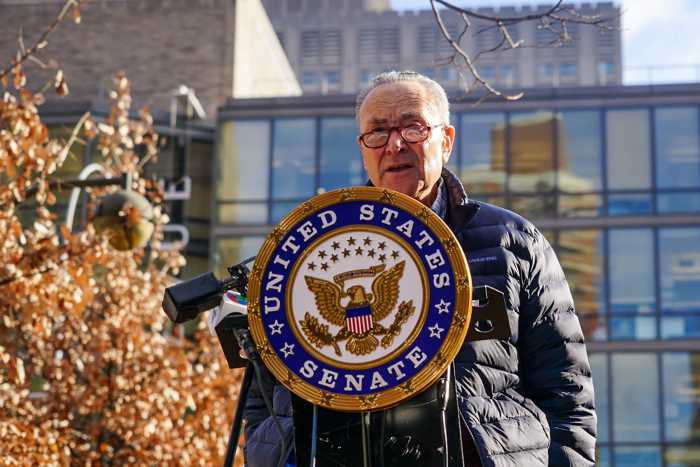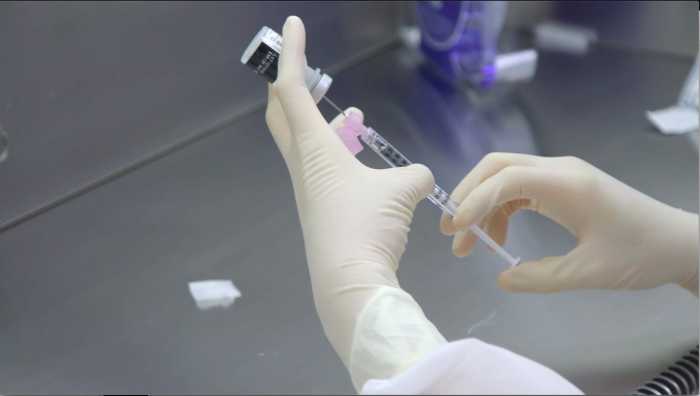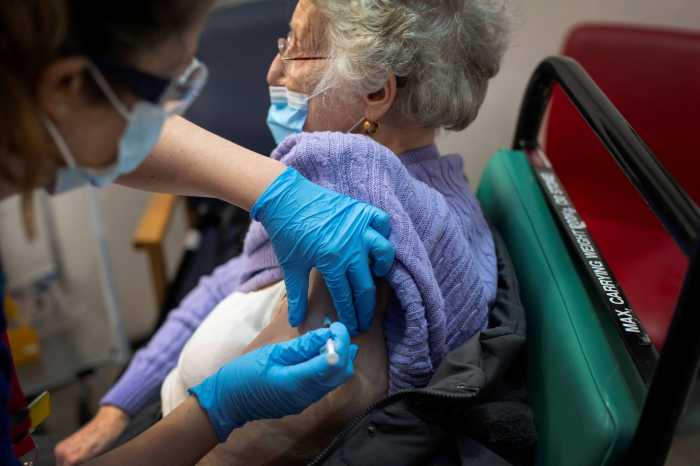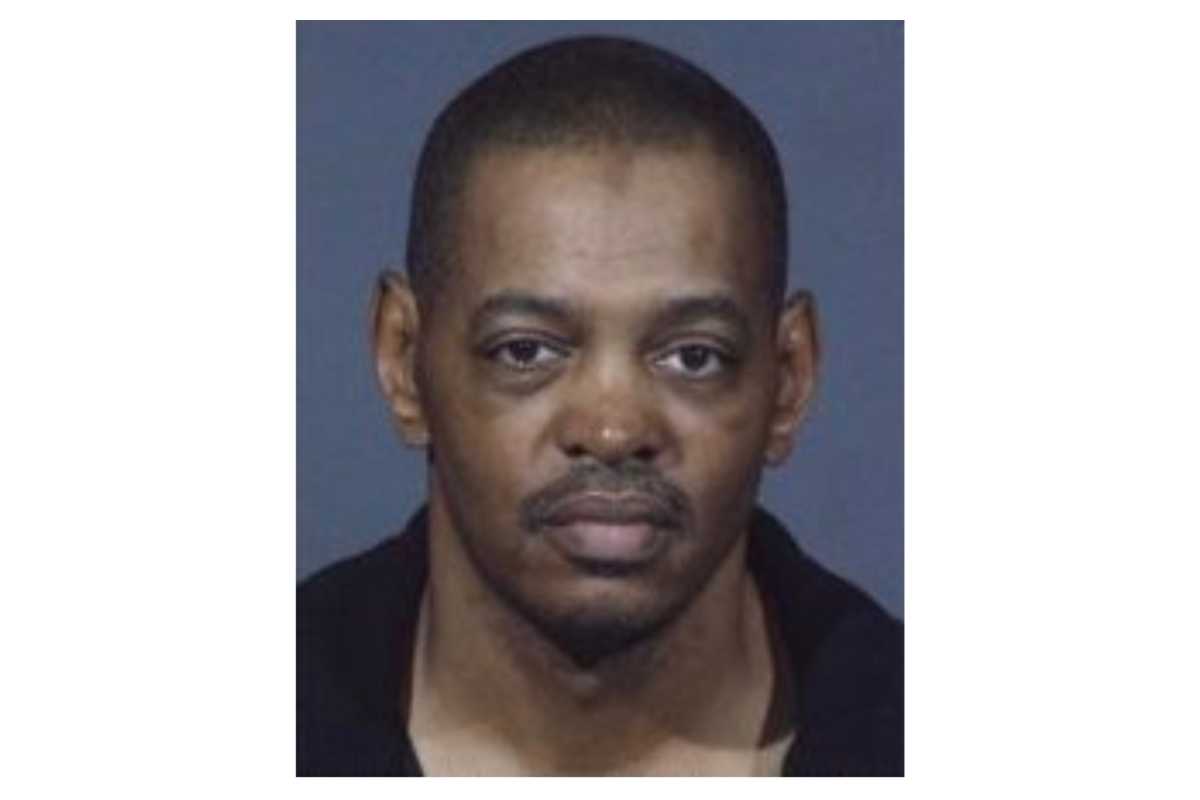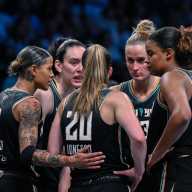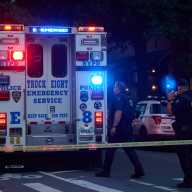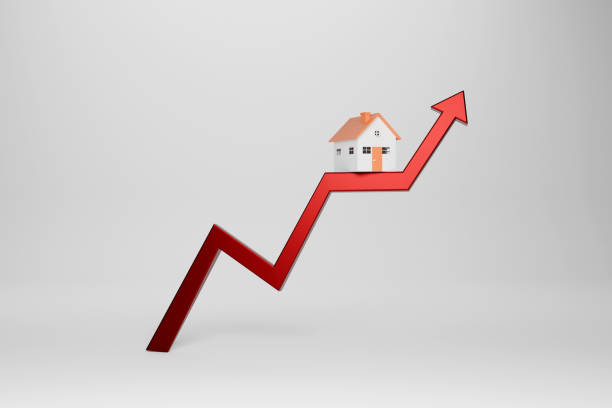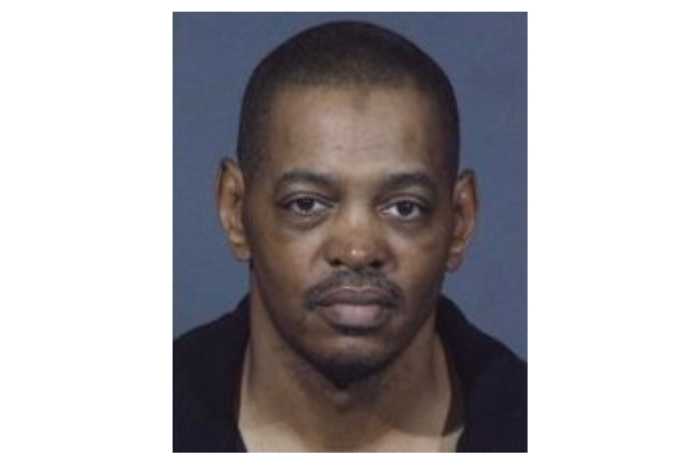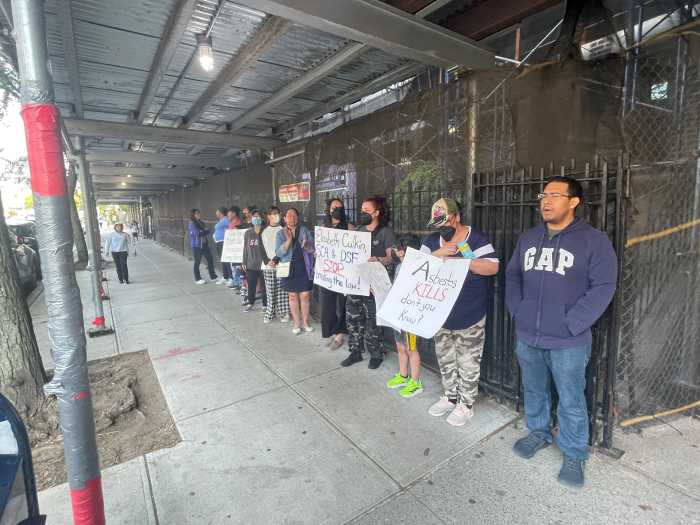The second doses of the COVID-19 vaccine should be left to patients who’ve already received the first shot instead of being used upon unvaccinated New Yorkers, state Health Commissioner Dr. Howard Zucker told Mayor Bill de Blasio Thursday.
In a letter to the mayor released by the Governor’s office on Feb. 4, Zucker rebuffed de Blasio’s earlier request to tap into the second dose vaccine reserve in order to inoculate more people. Not only does that go against current Centers for Disease Control and Prevention (CDC) guidelines, Zucker said, but it may potentially jeopardize New Yorkers who received the first dose of the two-shot vaccine from getting the second booster in a timely manner.
The approved vaccines from Pfizer and Moderna require two shots administered between 21 and 28 days. The health commissioner said de Blasio’s request for a “brief delay” in administering the second shot to patients who got the first dose would prove more trouble than its worth.
“Your suggestion that a ‘brief delay’ of people receiving second doses would be acceptable however it does raise a caution flag. People have worked very hard to get a vaccination appointment and there is much public anxiety that second doses will not be available on their appointment date,” Zucker wrote in his letter to the mayor. “While the science on whether a ‘brief delay’ would impact full immunity is open and disputed, I do believe it would create undue anxiety to tell people who have scheduled appointments that those appointments are being shifted even for a ‘brief delay.'”
Zucker did leave some wiggle room with the mayor’s request in noting that the current policy against using the second dose reserve for first doses could change if the CDC alters its guidelines. He indicated, however, that their current stance is clear.
“Most importantly, and definitively, the CDC, which is now headed by President Biden’s team, does not recommend using second doses for first doses. I am in regular contact with the CDC, including as recently as this morning, on this topic when they affirmed their opposition to using second doses as first doses now,” Zucker wrote to de Blasio. “The CDC has information that we do not have. The CDC has intimate knowledge of the future vaccine production schedule as it is federally controlled and their opinion is informed by national and international medical professionals researching the virus.”
The mayor isn’t as convinced as Zucker.
During his Thursday morning press briefing at City Hall, de Blasio said “the idea of turning away people who need help, who need to be protected — it makes no sense to me.”
He reasoned that up to 100,000 more New Yorkers could get vaccinated by tapping into the second dose reserve — and that those who already received the first dose do have some level of protection against the virus as they await the second booster.
“We are in a war time dynamic. we don’t have enough supply,” de Blasio said. “The reality is we need to free up those second doses and protect people. We have specific evidence of supply growing up ahead. … These are actual things we know, that means the situation in March is going to be better than the situation in February. We know there will be more supply. How are we withholding doses from people now when we know relief is up ahead?”
Earlier this week, Governor Andrew Cuomo noted that the Biden administration agreed to boost the state’s vaccine allocation by 20% over the next three weeks, bringing a little more than 300,000 doses per week to the Empire State.
Last week, President Biden also announced the purchase of 200 million more doses of the vaccine from Pfizer and Moderna, but those won’t be ready until late spring or early summer.
Meanwhile, the FDA is expected to consider in mid-February providing emergency approval to the Johnson & Johnson COVID-19 vaccine, a one-shot version that the pharmaceutical giant reported provides 66% effectiveness at preventing moderate to severe infection, and “complete protection against COVID-19 related hospitalization and death” by day 28.
Dr. Anthony Fauci, senior medical adviser to President Biden, told NBC News on Thursday that the emergency authorization for the Johnson & Johnson vaccine could come “within a week or so.”
With reporting by Jacob Kaye



